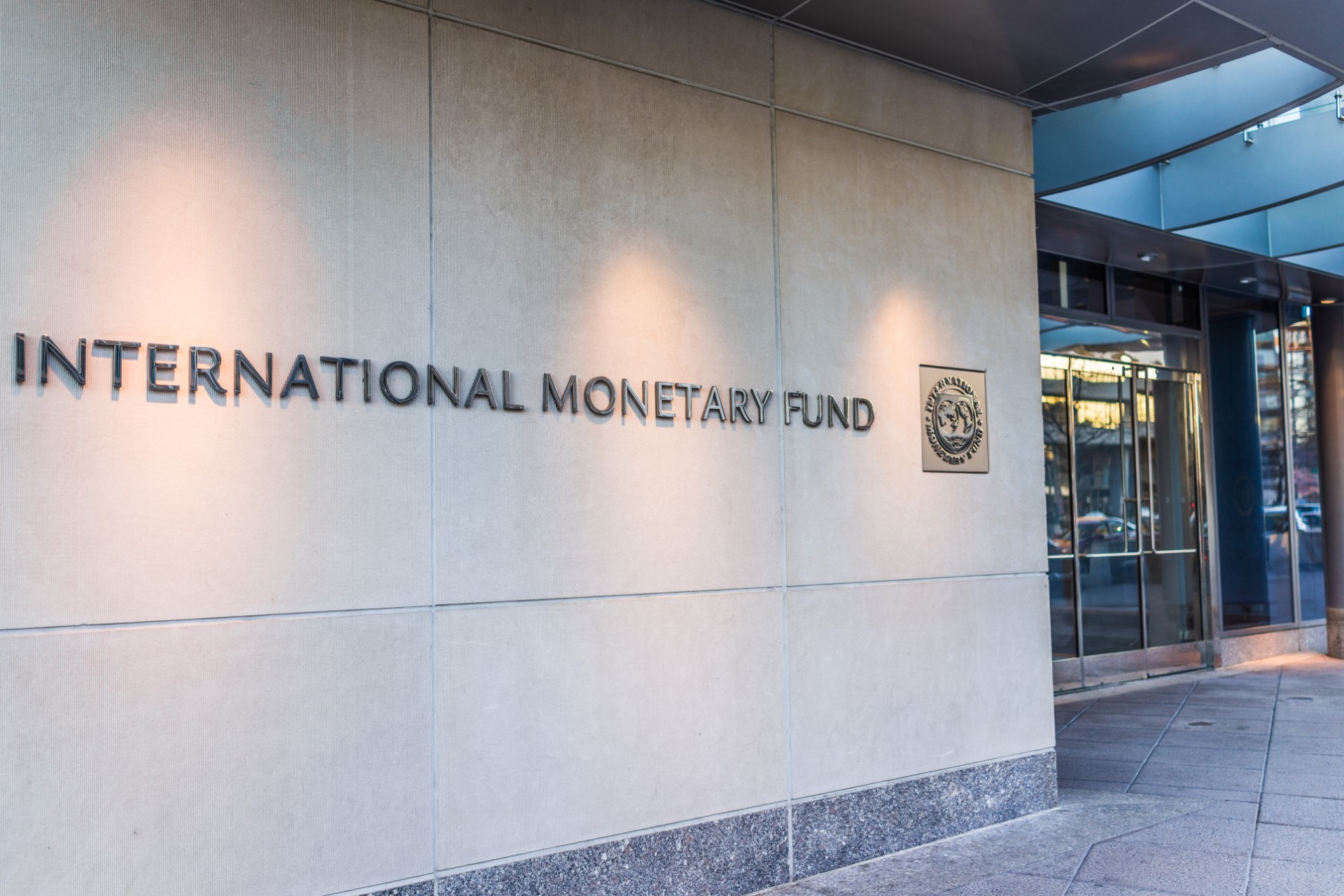
By: Vibhuti Pathak
The newly elected Prime Minister of Pakistan, Shehbaz Sharif, addressed the nation on Friday, emphasizing the positive trajectory of the country’s economic indicators. He cited a rise in exports and remittances within a short span since his government took office. Sharif’s remarks come ahead of a crucial IMF board meeting scheduled for Monday, which will determine the disbursement of a £2.8 billion standby arrangement secured by Islamabad last summer.
With Pakistan facing a chronic balance of payments crisis, Sharif underscored the necessity of painful reforms and privatization efforts. The country requires £19 billion for debt and interest servicing in the upcoming fiscal year, a daunting task considering its central bank’s foreign currency reserves are three times lower.
The Finance Minister of Pakistan, Muhammad Aurangzeb, expressed optimism about securing a staff-level agreement on a new IMF program by early July. This potential deal would mark the 24th IMF bailout for Pakistan. Structural reforms mandated by the IMF include raising the tax-to-GDP ratio and addressing losses in state-owned enterprises and the energy sector, which amount to trillions of rupees.
Despite challenges, Pakistan’s finance ministry projects a 2.6% growth in the current fiscal year, with average inflation expected to decrease to 24%. The recently appointed finance minister, Muhammad, has emphasized a commitment to swift implementation of reforms.
However, challenges persist, particularly regarding the closure of IMF programs to achieve macroeconomic stability. Unlocking further financial assistance from the IMF remains crucial for Pakistan’s access to international financial markets and the implementation of economic reforms.
Debt restructuring is also under consideration to mitigate the risk of sovereign default. A Debt Sustainability Analysis (DSA) will be conducted to ensure Pakistan’s economic trajectory aligns with sustainable development goals.
